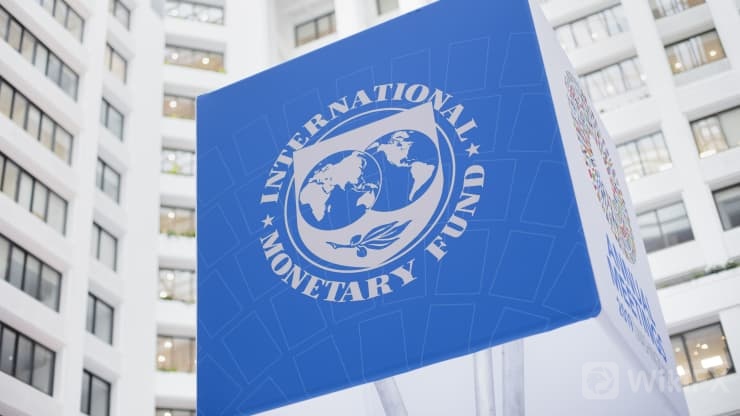
The International Monetary Fund on Tuesday downgraded its 2021 economic growth forecast for Asia after the highly infectious Covid-19 delta variant caused a spike in cases in parts of the region.
The IMF said it expects Asias economy to grow by 6.5% in 2021, compared with its April forecast for a 7.6% expansion.
“The global COVID-19 pandemic is still ravaging the region,” the fund said in its Regional Economic Outlook report for Asia and the Pacific.
Asian countries were relatively successful in containing Covid last year. But this year, some — including India, Malaysia and Vietnam — had to fight fresh waves of infections while vaccination rollouts were slow to take off.
The resurgence in Covid infections prompted stricter containment measures, which weighed down the services sector and led some factories to temporarily shut. That dampened Asias economic outlook even as demand for exports was strong, said the IMF.
Within the region, developing economies suffered the largest economic growth downgrades by the IMF.
Myanmar, where a military coup took place in February, is forecast to contract by 17.9% this year — 9 percentage points more than the funds previous projection. The growth forecast for the Philippines was slashed 3.7 percentage points to 3.2%, while that of Malaysia was lowered by 3 percentage points to 3.5%.
Meanwhile, the IMF upgraded its growth forecasts for several advanced Asian economies. Hong Kong is now expected to grow 6.4% in 2021, up from 4.3% previously; while the forecast for Singapores growth was bumped up to 6%, from 5.2%.
Despite the downgrade, Asia will remain the fastest-growing region globally this year, the IMF said.
The regions growth will be led by China and India, the fund added. The IMF expects China to grow 8% this year and India by 9.5% in the fiscal year that ends next March.
The fund said factors such as fresh waves of Covid infections could threaten its economic projections for the region.
“The projections are subject to high uncertainty regarding the emergence of new variants, the outlook for supply chain disruptions and inflation, and shifts in global financial conditions,” it said.
The IMF also warned of “untimely policy normalization or misconstrued policy communications” in the U.S. It said that could cause significant capital outflows from the region, and result in higher borrowing costs for Asian emerging markets.
For more Forex news, please download WikiFX- the Global Forex Regulatory Inquiry APP.
Leave a Reply